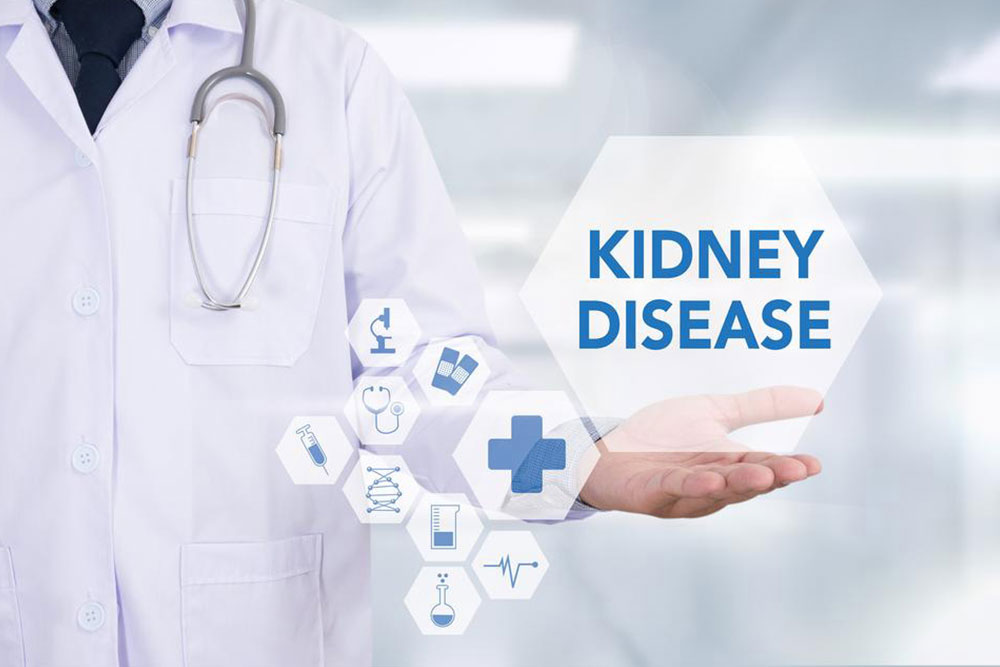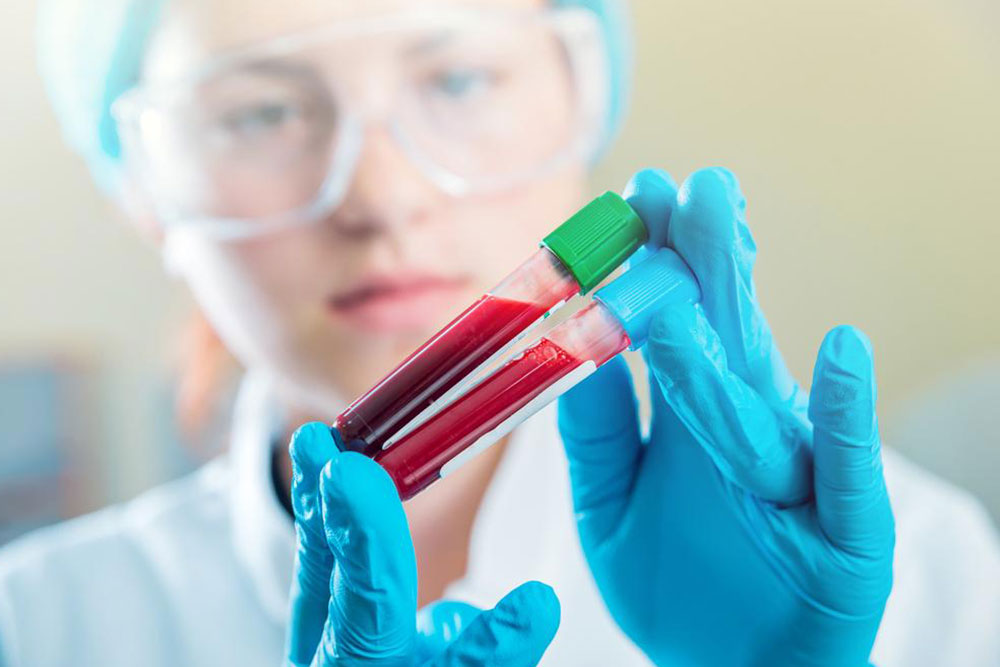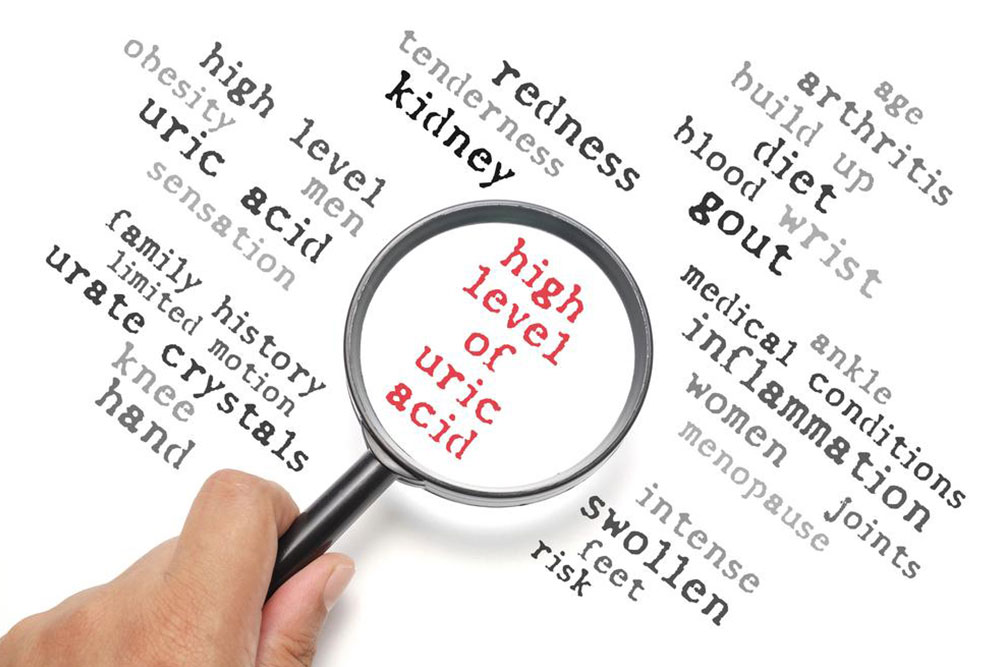Understanding Stage 3 Chronic Kidney Disease
Stage 3 chronic kidney disease signifies a critical period where around half of kidney function is lost, leading to symptoms like fatigue, swelling, and urinary changes. Early diagnosis and management—including dietary and lifestyle modifications—are essential to slow progression and avoid severe outcomes like dialysis. Regular medical oversight can greatly improve quality of life and health outcomes for patients in this stage.

Understanding Stage 3 Chronic Kidney Disease
Chronic kidney disease develops gradually due to damage to the kidneys, often caused by factors such as high blood pressure, diabetes, or physical trauma. As the kidneys become impaired, their ability to filter blood and maintain vital functions declines, impacting overall health. Key roles of the kidneys include fluid balance, hormone regulation, blood pressure control, and red blood cell production. When damaged, these functions are compromised, leading to health issues. Early intervention is critical to slow disease progression, especially starting at stage 3, where approximately half of kidney function is lost.
Stages of Kidney Disease
Chronic kidney disease progresses through five stages, from stage 1 (mild) to stage 5 (severe). Symptoms often appear first at stage 3, marking significant functional decline with about 50% of kidney capacity remaining. This stage may cause elevated blood pressure and bone health issues. Detecting and managing symptoms early can help slow further deterioration. Progression can lead to end-stage renal failure, where dialysis or transplant becomes necessary to sustain life.
Signs and Symptoms of Stage 3 CKD
While early stages may be symptom-free, stage 3 is characterized by noticeable signs, including fatigue, fluid retention, shortness of breath, and swelling in limbs. Urinary changes are common, with urine appearing foamy, dark, or blood-tinged. Some patients experience lower back pain and sleep disturbances due to muscle cramps or restless legs. Recognizing these symptoms early emphasizes the importance of prompt medical consultation.
Managing Stage 3 Kidney Disease
Effective management focuses on controlling symptoms and slowing disease progression. Consulting a healthcare professional promptly is essential. Dietary modifications are vital, often involving increased intake of high-quality potassium and protein, while reducing saturated fats to manage cholesterol. Lifestyle changes, including regular exercise and medication adherence, can improve quality of life. Though there is no cure, early intervention through diet and lifestyle adjustments can extend life expectancy and enhance well-being.










